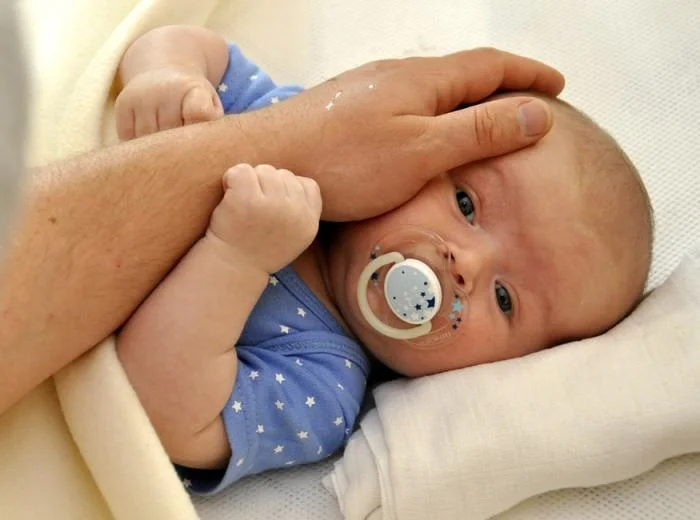Children born to single mothers benefit when biological father joins family

Some of the negative consequences on the wellbeing of a child born to a single mother can be reduced if their biological father joins and stays with the family according to new research from LSE.
However, if the biological father subsequently leaves or a stepfather joins the family instead, these children(1), on average, do no better cognitively and socially and emotionally than children whose mothers remain alone.
The research published in the European Journal of Population shows that children whose fathers join and stay with the family unit do better, on average, in cognitive tests and suffer less anxiety and depression, when measured at age seven(2), than other children whose mothers are single at their birth.
Dr Berkay Ӧzcan, assistant professor in the Department of Social Policy at LSE and co-author of the study, said: "We looked specifically at children whose parents were not living together when they are born, rather than the children of all single parents. This accounts for 16 per cent of children born in the UK and, as a proportion, this is increasing.
"Our research is the first to distinguish between the very different family trajectories these children experience. It shows the important positive influence a biological father can have on his child’s life if he joins and stays with the family unit. The arrival of a stepfather – in this particular context – does not have a similar impact."
According to the researchers, the difficulties many children face in adjusting to a stepfather joining the family may offset the benefits he may bring, such as extra resources and parenting.
Dr Berkay Ӧzcan said: "There has been a lot of concern about the well-being of children born to single mothers. However, our research shows that some who live in particular family arrangements are doing better than we previously thought. Perhaps unsurprisingly, those children who experience more stability at home – including if a mother remains on her own – benefit cognitively and socially and emotionally.
"Our research is not intended to encourage people into unhealthy living arrangements because they have a child together, but it could help identify which children need the most help in their early years."
The researchers compared the well-being(2) of seven(3) year olds, who had been born to single mothers (defined as a mother who is not married to or living with the father of her child at his/her birth), and followed one of four commonly experienced ‘family-paths’. These were: children who lived continuously with a single mother until age seven; children who experienced their biological father moving in and forming a stable unit with their mother; children who experience their biological father moving in and then out again by the age of seven and; children whose mothers form a stable union with a stepfather.
Researchers analysed data from the Millennium Cohort Study, a UK longitudinal study of around 19,000 children who were born in the UK between September 2000 and January 2002.